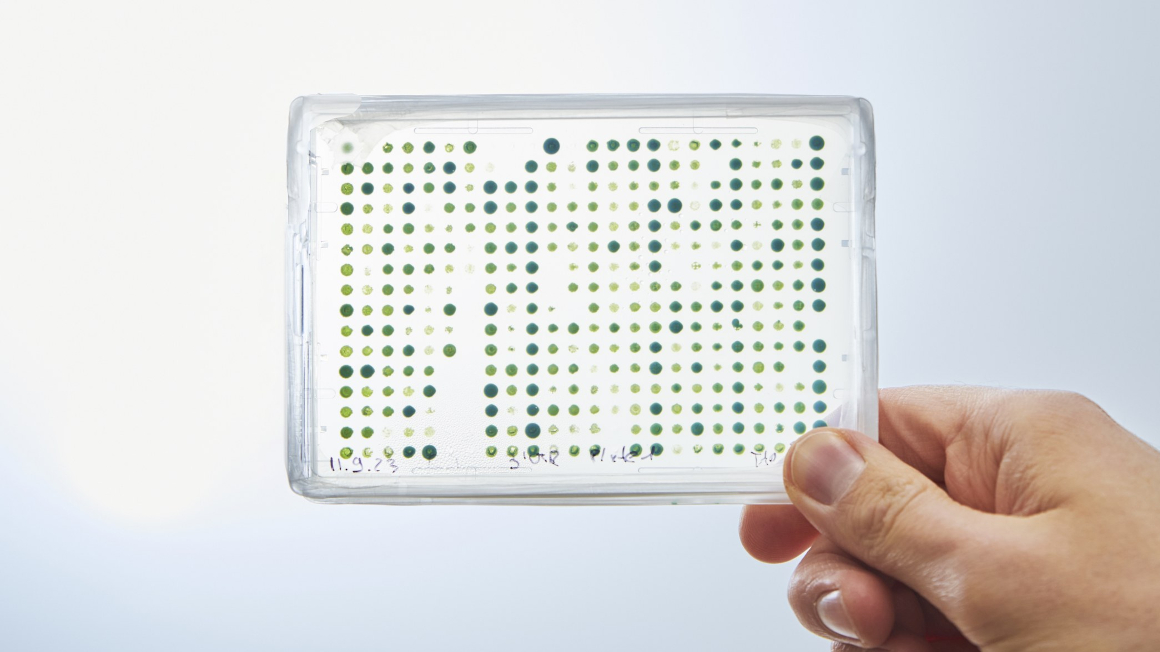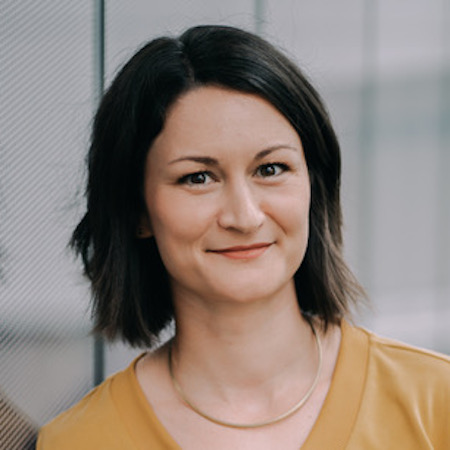A better toolbox for peptide synthesis
Researchers in Frankfurt have further optimized the process of producing natural substances. Now, entire peptide libraries can be synthesized.
Tailoring peptides is a declared goal of many researchers. Scientists are emulating nature in which microorganisms are able to assemble tiny protein molecules like on an assembly line. Researchers at Frankfurt's Goethe University had already taken an important step in peptide synthesis last year. The biotechnologists led by Helge Bode have now further developed their new method and thus significantly improved the biosynthesis process.
Natural substances, such as antibiotics, are metabolic products of microorganisms. Certain enzymes, the non-ribosomal peptide synthetases (NRPS), play a decisive role in their formation in the cell. With the regular incorporation of amino acids, they enable the assembly line production of peptides. Up to now, it has not been possible to modify or reassemble NRPS enzymes simply and efficiently so that microbes produce many novel peptides.
Using modified enzymes to produce new natural substances
The Frankfurt team has now succeeded in doing this by modifying these enzymes in such a way that completely new natural substances can be produced. The researchers reported in the scientific journal "Nature Chemistry" that the new method would make it easier to produce peptide libraries. "We use fragments of natural NRPS systems from different bacteria as building blocks that we connect to each other using specific assembly points we have identified," explained Andreas Tietze and Janik Kranz.
Increased yield of natural substances
The researchers have improved the biosynthetic pathway in such a way that even beginners can now produce new peptides after a short training period. They have also been able to increase the yield of natural substances. According to the study, the peptide yield achieved by biosynthesis is comparable to that of natural substances produced by nature.
Next, the Frankfurt scientists want to modify and biotechnologically produce the first clinically relevant active substances using the optimized process. The work was financially supported by the Landesexzellenzinitiative LOEWE as part of the MegaSyn project.
bb


